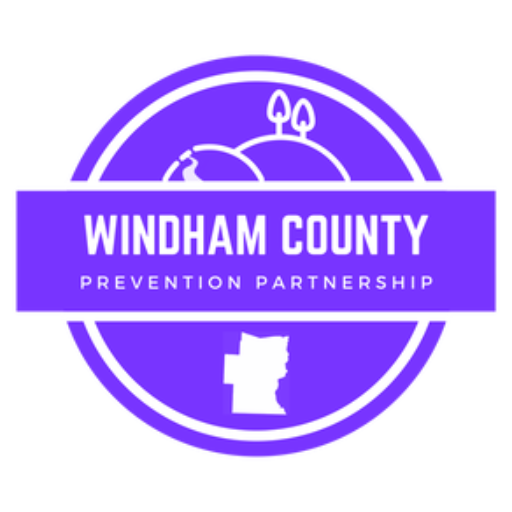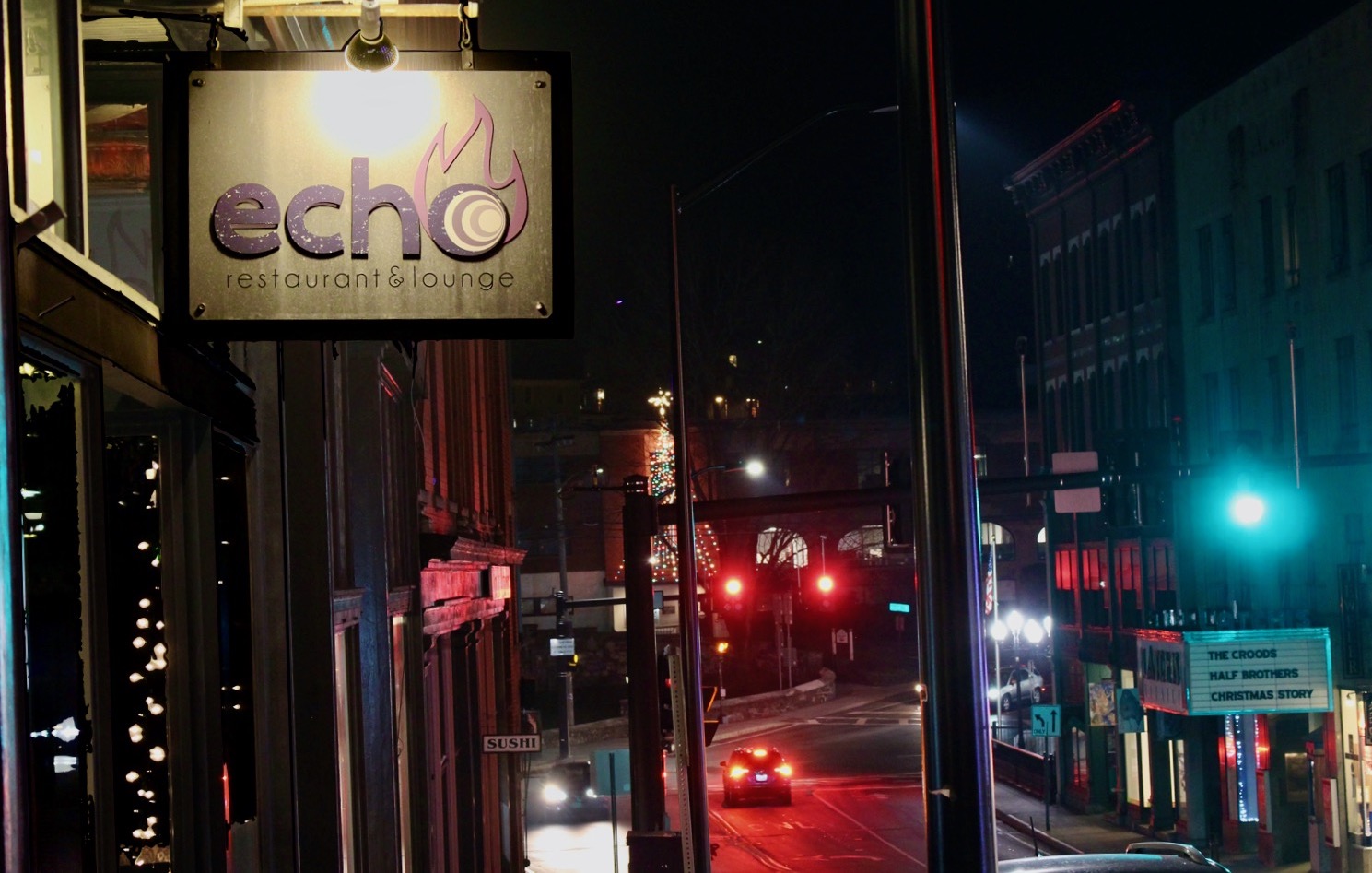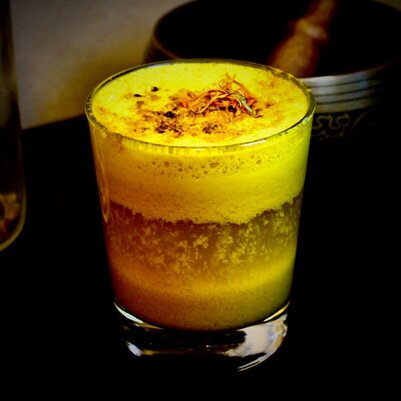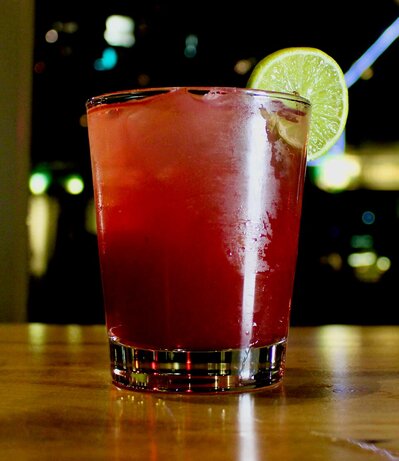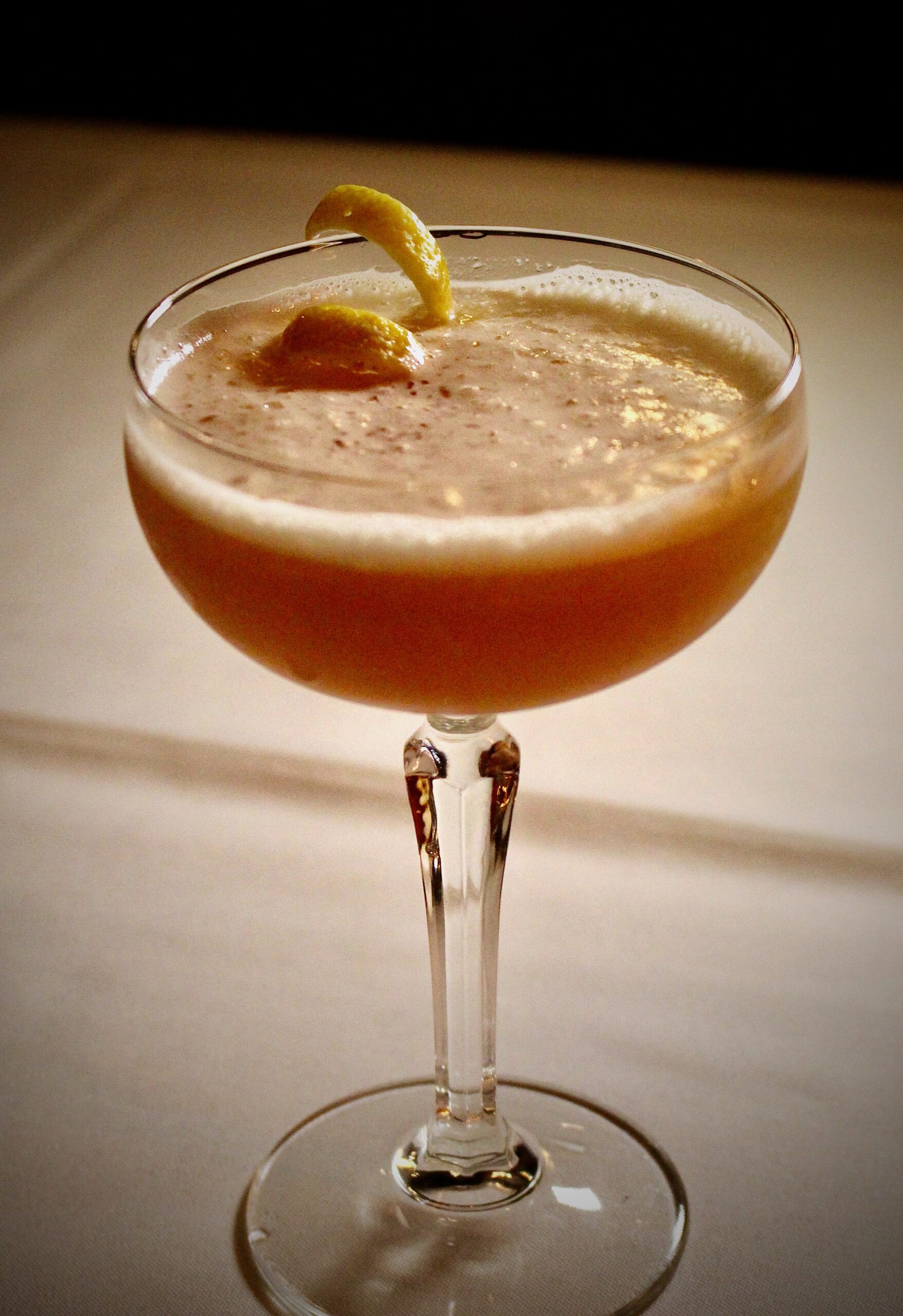Alcohol Free April
The adventure of moving from habit to the privilege of choice; exploring non-alcoholic alternatives during April’s alcohol awareness month.
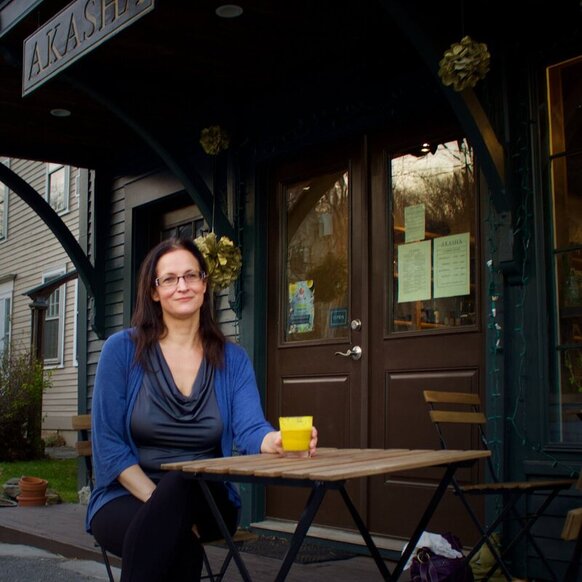
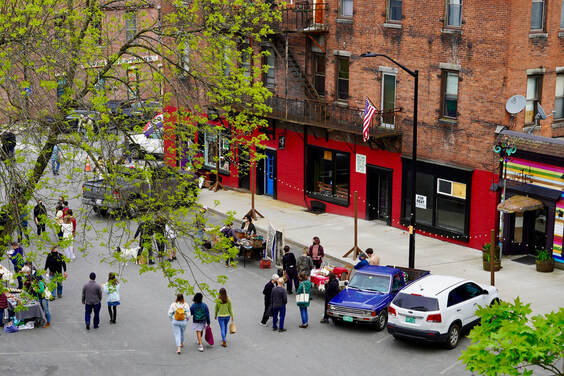
We all have our go-to comforts. Calling a friend, escaping into the latest bingeable television show, buying new shoes or treating ourselves to our favorite ice cream can help celebrate a success or ease our stress.
Yet, we rarely examine our relationships to these coping mechanisms. Do we really know if reaching for the TV remote is a conscious act, or are we under the influence of habit, exposure and emotions?
April is Alcohol Awareness Month, and it encourages us to explore our relationship with alcohol. This month we can increase our understanding of alcohol addiction, its causes, effective treatment and recovery. The effort also strives to make seeking help for alcohol misuse easier by dismantling the barriers to recovery.
Alcohol dependency and alcohol-related problems are considered the top public health problem in the United States. According to the National Institute of Alcohol Abuse and Alcoholism, there are more than 90,000 alcohol-related deaths in the U.S. The institute estimates that 14.5 million people ages 12 and older live with alcohol use disorder. Meanwhile, Vermont ranked sixth nationwide in alcohol consumption in 2020.
West River Valley Thrives director Meg Gonzalez said her alcohol-free April sparked awareness and ultimately changed her relationship with drinking.
“Not drinking for the whole month of April last year helped me understand the privilege of choice,” Gonzalez said. “The cravings and longing I felt during the month surprised me. That choice to not drink had become harder. It made me realize the importance of staying in control of that choice.”
This month, people can explore the role of alcohol in their lives in various ways.
One option is to choose an Alcohol-Free weekend. Stop drinking Friday through Monday, and then gauge the effects of the alcohol-free days. Your body might have become accustomed to the continual presence of alcohol. In that case, a sudden stop might cause physical effects such as sweating, nausea, headaches and disrupted sleep.
If 72 hours without drinking is difficult, this could signal dependence on alcohol. We urge you to examine this, and contact your medical provider. Learn more about alcohol use disorder and its early symptoms, and find additional support at vthelplink.org.
Sunshine Drip
A Sunshine Drip from Akasha in Putney. April is Alcohol Awareness Month, and it encourages us to explore our relationship with alcohol. This month, people can explore the role of alcohol in their lives in various ways. One option is to choose an Alcohol-Free weekend.
Blackberry Mint Shrub
A Blackberry Mint Shrub from Duo in Brattleboro. April is Alcohol Awareness Month, and it encourages us to explore our relationship with alcohol. This month, people can explore the role of alcohol in their lives in various ways. One option is to choose an Alcohol-Free weekend.
Brian Condon, a recovery coach in long-term recovery, has sage advice.
“Learning how to navigate the many gatherings and events that feature alcohol is daunting: ‘Will I fit in? What will people think? What will I tell them if they ask why I’m not drinking?’ are very common thoughts,” Condon said. “Many also use alcohol to help them relax and socialize easier. If you’re concerned you won’t have as much fun as when you were drinking, it’s likely you will have more fun.”
Condon personally experienced amazing rewards from abstinence and recovery.
He said, “You truly can be just as comfortable, relaxed, social and have every bit as much fun as someone who is drinking.”
“When I first quit drinking, I was very anxious, uncertain and uncomfortable,” he shared. “I also had many triggers, but for the past few years, I feel safe and comfortable everywhere I go. It has completely become a non-issue.”
You will probably be surprised by the prevalence of alcohol. How often were you offered alcohol, saw an ad or heard it mentioned in a song? Every time you go to a restaurant, a drinks menu is the first thing the waitstaff hands you.
Let’s talk about that drinks menu.
Reasons why…
People don’t drink for various reasons. It isn’t always about recovery. Physical intolerance, medication interactions, pregnancy, religion or preference also guide people’s choices.
More than half…
The 2019 National Survey on Drug Use and Health found that more than half of Americans identify as nondrinkers. Locally, however, most nondrinkers report a lack of quality “mocktails” or nonalcoholic brews.
gourmet beverages
Soda, seltzer and juices are the common alternatives. Those who don’t drink alcohol deserve to enjoy the same quality of gourmet drinks as those who imbibe.
This April, ask your local bartender to mix you a nonalcoholic drink.
Level
Int.
Time
1 Min
Serves
1
Calories
200
Fat
0g
Alcohol
0%
Carbs
8g
Sugar
15g
Fiber
2g
Ingredients
- 2 oz shrub mix
- 1/2 oz fresh lime juice
- 3 tbsp equal parts soda & kombucha
Shrub Mix - 12 oz Blackberry Puree
- 12 oz Mint Simple Syrup
- 6 oz Apple Cider Vinegar
We start with two ounces of our homemade blackberry and mint shrub mix; basically a blackberry puree, and simple syrup, with a little apple cider vinegar.
We then add half an ounce of fresh squeezed lime juice. After that, we top it with equal parts of soda water, and kombucha.
We have Aqua ViTea Kombucha on draft.
All the labor is really in the making the shrub ahead of time.
Instructions
Let the restaurants and bars know…
Let the restaurants and bars know that you would like more drinks sans alcohol. And then, most important, buy them! If our local establishments don’t know there is a demand, they will not see the importance of expanding their repertoire.
Taking time off from drinking can help us appreciate that quitting is not always easy. This experience gives us the gift of being more understanding of people who might struggle with substance issues.
“Since my experience with Alcohol-Free April, I have resumed drinking alcohol, but with more attention and intention,” Gonzalez said. “I have also committed to being more proactive in support of friends and family who might be in recovery by hosting some alcohol-free gatherings and making sure that we always have fun nonalcoholic beverage alternatives when serving alcohol — because the choice is a privilege we all deserve.”
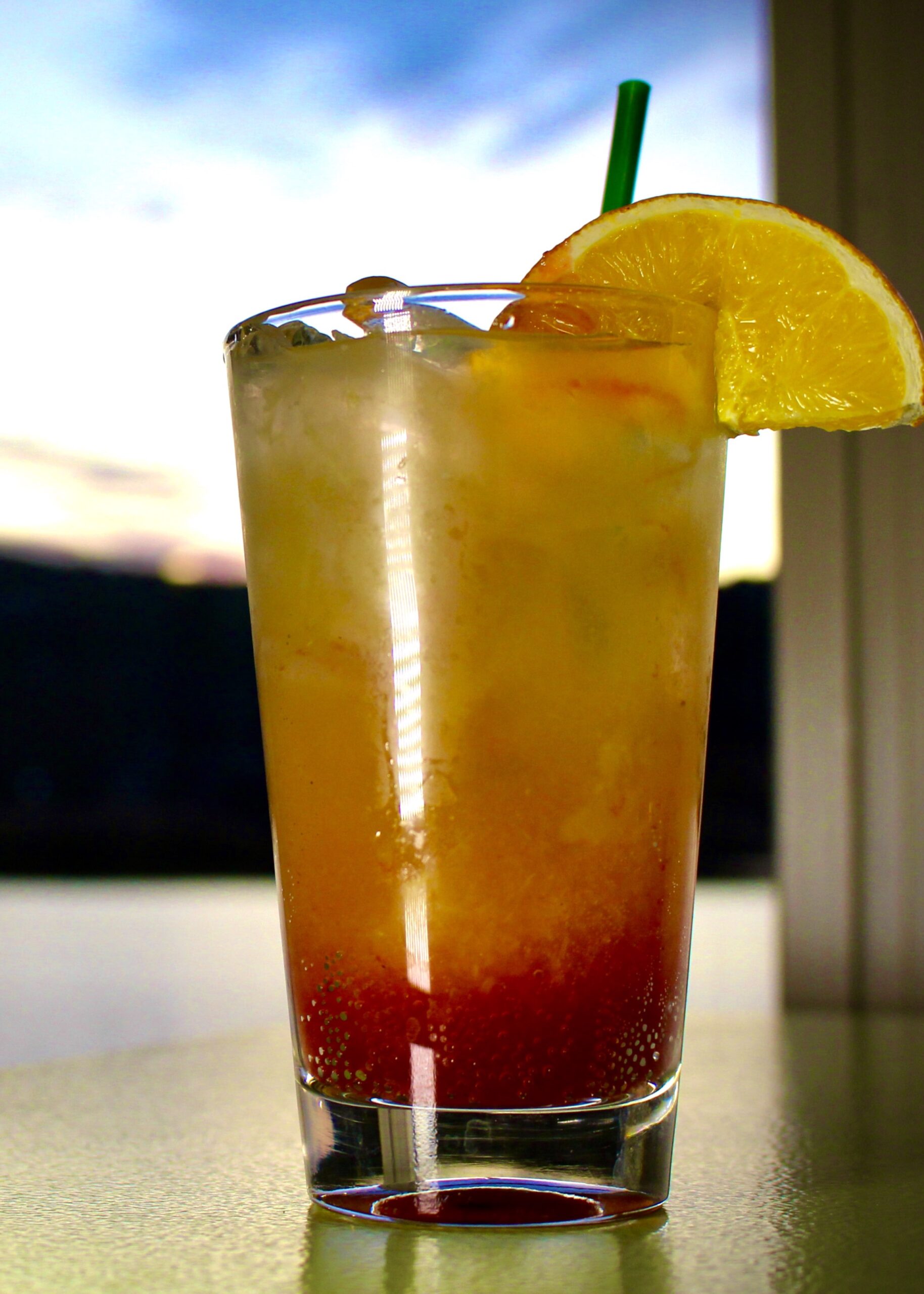


We’re In this Together
Ready to change your relationship with alcohol? We can help.
Did you know that there are moderation support programs? If you enjoyed having more control and awareness around your drinking, you might consider this moderate drinking program at moderation.org.
